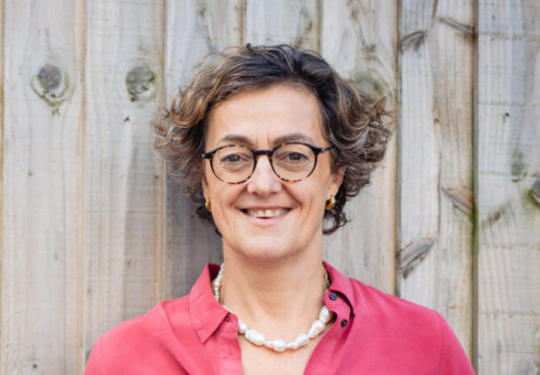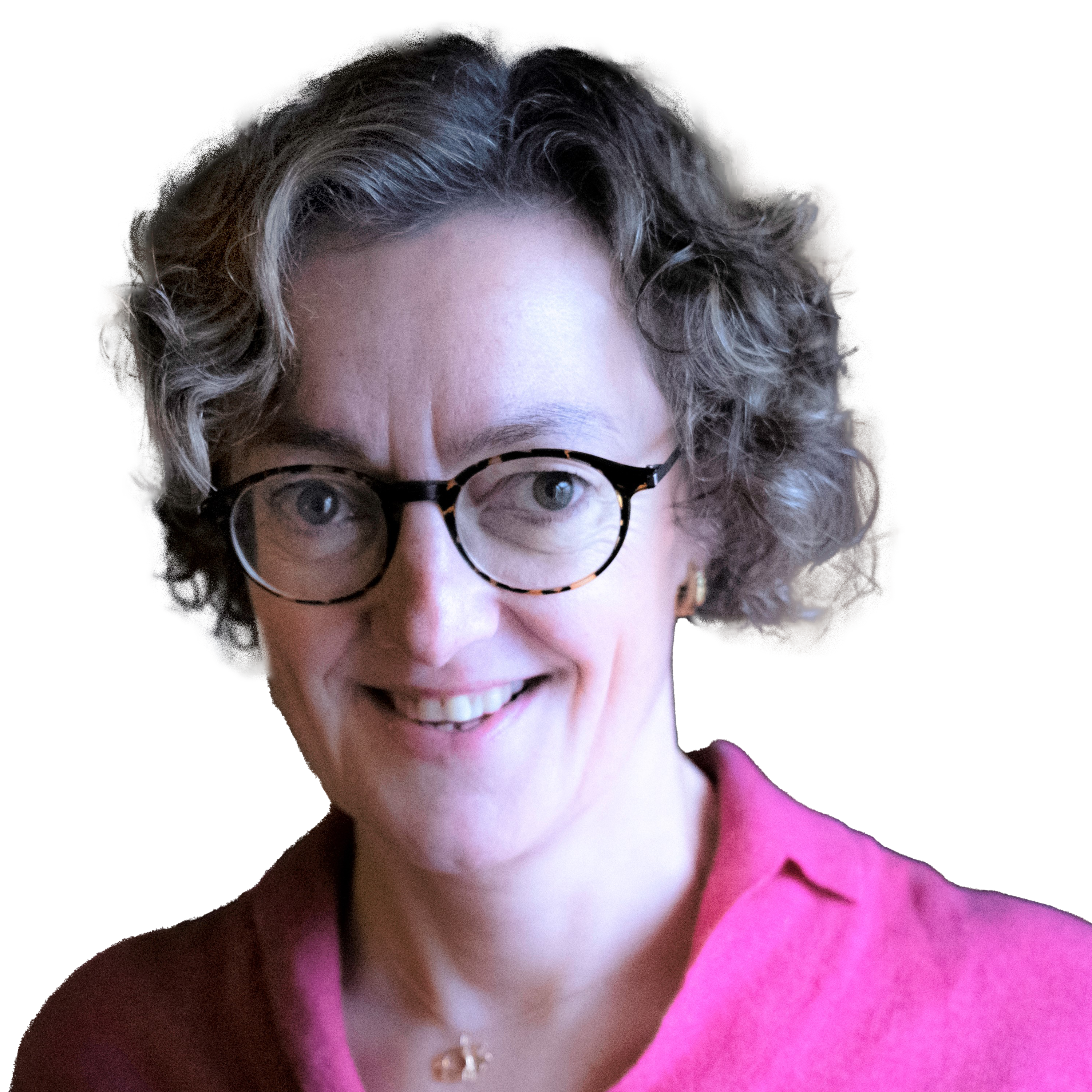Dr Hilary Williams updates fellows and members on RCP progress in implementing the recommendations of the short life working group on physician associates.
I want to begin my first update to you with clear intent: the RCP is fully committed to delivering the result of the post-EGM vote and the recommendations of the short life working group on physician associates (PAs). We fully recognise the growing concerns about the scope of the PA role, and we will continue to advocate for a limit to the expansion of the PA workforce while issues around scope of practice and regulation are addressed.
As some of you may know, I have been invited by RCP Council to chair a new oversight group for RCP activity linked to PAs. This group met for the first time yesterday afternoon to discuss the terms of reference and forward work plan, and today, the RCP launched a 6–week consultation with external stakeholders on new draft guidance for safe and effective practice for PAs.
Before I go any further, perhaps it is worth pausing for a minute to consider the confusing landscape in which we find ourselves. From qualified PAs who wish to contribute in a meaningful way to the NHS, to resident doctors who feel uncertain about the role and remit of a PA they work with, to medical directors who are increasingly acutely aware of the need for better governance and clear scope of practice for MAPs.
Only this week, Healthwatch England published findings that found a mixed picture on awareness – only around half of patients surveyed (52%) agreed or strongly agreed that they ‘understood the difference between a physician associate and a doctor’.
When PAs were first introduced into the NHS more than 20 years ago, the role was envisaged primarily as support for some of the more routine tasks that sit somewhere between basic clinical competency and administration. After all, I think we would all agree that from the most newly qualified to the most experienced doctors, we are all doing tasks that do not require the length, breadth and depth of training we have. Of course, I remain a big advocate of learning through clinical experience. But we must not forget that this depends on a strong foundation of knowledge and years of study. There is a reason why we make doctors spend an intense 5 years at medical school, followed by 2 years of foundation training, then at least another 3 years of core training. There’s a reason why PACES is so difficult! We need our senior decision makers to have this level of nuanced expertise when they are making such important choices on behalf of our patients and their families.
Quite rightly, we expect our healthcare professionals to be regulated with clear professional boundaries, which reflect their training and competencies. Yet somehow for PAs, through no fault of their own, this vital part of the process seems to have been lost – to the detriment of everyone involved. We need to be confident that the current draft curriculum for PA training programmes is clear and robust enough in the way it links to the role and remit of PAs.
To add to this, multidisciplinary working has massively expanded over the past 10 years. Many of us have supported the development of advanced practice roles, which is brilliant – though, as with everything, we have to be realistic about the time it takes to supervise others while building an effective and cohesive team and prioritising patient-focused holistic decision making. After all, medicine is not an algorithm.
So, to acknowledge this challenging landscape, the RCP new oversight group, will hold key stakeholders and the college to account on PA-related activity, including work to:
- ensure a consistent and coherent approach to PA-related work at the RCP
- oversee the delivery of the SLWG recommendations
- begin the process of developing specialty-specific guidance for PAs
- advise on the future of the Faculty of Physician Associates.
Like all big change, I am certain that this will not be as simple or as quick as we might like, but we will aim to steer this in the right direction for all our members and fellows. I am sure you will let us know what we get wrong and right – do stay in touch and we will keep you updated.






